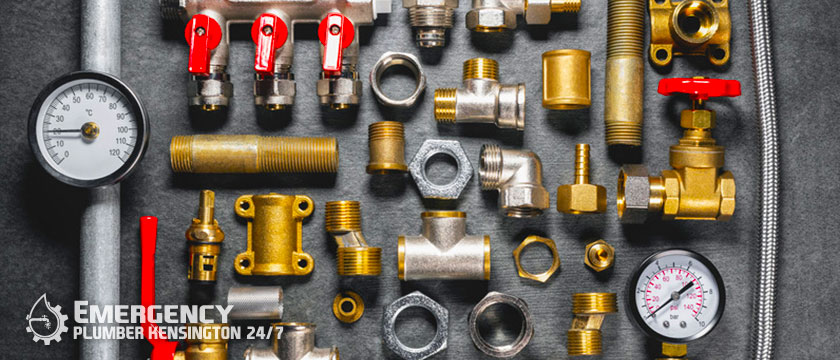
20 Jan. 22
Should You Insulate Your Water Pipes?
When it comes to the best maintenance of their property, homeowners face a slew of decisions on a daily basis. It can be difficult to know exactly what you’re supposed to do, and there are opposing viewpoints on almost every subject you can think of. If you’re debating whether or not to insulate your water pipes, we’ve got some tips for you. Yes, according to our advice. And here are our justifications.
Table of Contents
Temperature
The most obvious benefit of insulating your water pipes is that it will keep your hot water hotter for longer, saving you money on your energy bills. Additionally, if you enjoy a nice hot shower, you’ll have it when you want it (give or take – it will depend on whether your heating is on a timer, if you use an electric shower, or if you have a combi boiler, of course).
Consider a home with a traditional water tank in the loft. If your home has one, you are actually paying to keep the water hot on standby. As a result of the insulation, the hot water in your pipes will cool down much more slowly.
High-quality insulation can even raise the temperature of your water by a few degrees, which means you won’t have to pay as much to heat the water as hot as you normally would; the insulation will do the last bit of the job for you, raising the temperature without emptying your wallet.
Conserving Water
Another advantage is that you will waste less water. How much water goes down the drain while you wait for hot water to come out of the faucet or shower head at the appropriate temperature? The answer is a lot. Insulation causes your water to heat up faster, resulting in less water waste.
Noise
Do you ever hear a loud banging or knocking sound when you heat your water? The pipes are expanding as a result of the heat. It’s normal, but it’s inconvenient. Good insulation will reduce (or even eliminate) noise in the rest of the house, allowing you to live more peacefully.
Pipes Freezing
It makes sense to insulate your hot water pipes (see above), but what about your cold water pipes? So it stands to reason that they should be insulated as well.In the winter, they are at risk of freezing (especially if they are left unused for an extended period of time), which can cause extensive damage not only to the pipe but also to the entire house; frozen pipes burst, and the water can cause major problems when it ‘floods’ your living areas. It is well worth it to use insulation to keep these pipes a little warmer to prevent this from happening.
Sun-Warmed Pipes
But it’s not just the winter that can be a problem; the summer can also wreck havoc on your cold water. If the pipes are exposed, the heat from the sun may warm the water within them, resulting in never having properly cold water; it is always slightly warm, and sometimes even hot. Nobody wants that, especially if you’re looking forward to splashing cold water on your face or drinking a nice cool glass of the stuff to make you feel better. Insulation prevents heat from entering the water, making life more bearable.
The Condensation Issue
If you live in an area with high humidity, metal pipes filled with cold water can quickly become covered in condensation. While this isn’t a problem in and of itself, when the condensation falls onto whatever is beneath it, it can cause damage. Consider if you were storing valuable keepsakes in your loft or cellar, or anywhere else, and the condensation destroyed them. A small length of insulation could save you a lot of heartache and keep your house intact.
It’s a Simple Task
So we can see why it’s a good idea to insulate both hot and cold water pipes in your home – you’ll save money, your water will be the proper temperature, and you won’t have any potentially serious water damage.
But what about the setup? That’s yet another reason to do it, or at least not put it off. Insulation installation is simple and takes little time. Simply cut the sleeves to size and slip them over the pipes. Job well done with plumber west kensington.


